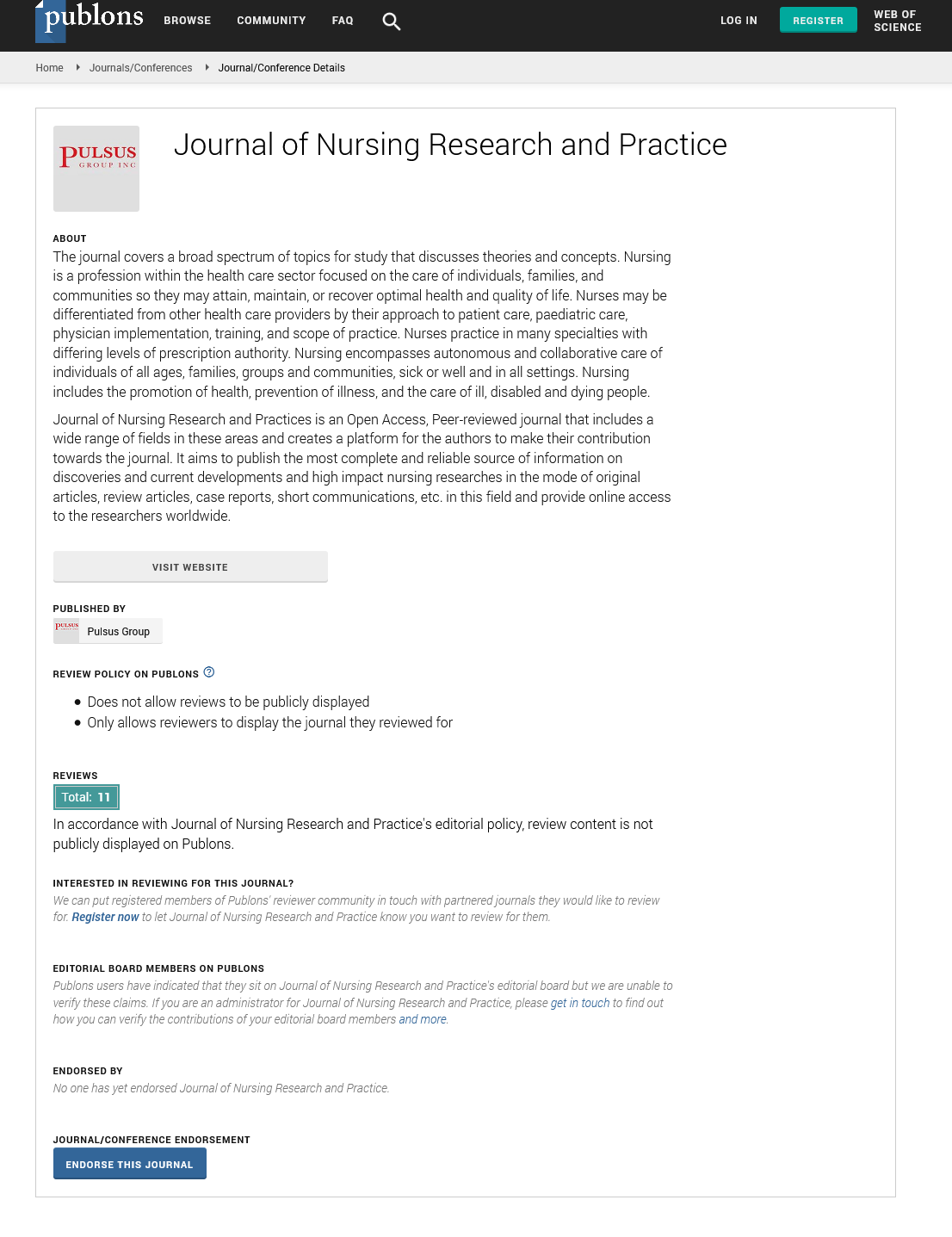Exploitive Prostitution Policies of the British Raj and the Venereal Disease in Colonial India
Received: 20-Jul-2021 Accepted Date: Jul 25, 2021; Published: 30-Jul-2021, DOI: 10.37532/2632-251X.2021.5(7).89
This open-access article is distributed under the terms of the Creative Commons Attribution Non-Commercial License (CC BY-NC) (http://creativecommons.org/licenses/by-nc/4.0/), which permits reuse, distribution and reproduction of the article, provided that the original work is properly cited and the reuse is restricted to noncommercial purposes. For commercial reuse, contact reprints@pulsus.com
Editorial
The world’s oldest civilsational nation Bharata struggling with the invaders, resisting the civilsational loss via engaging in continuous battles with barbaric invaders since 712 A.D. observed the advent of East India Company, established in Bharata as a commercial enterprise in the year 1600, looking to capitalize on these new trading opportunities, rose to the highest ruling position, led to the British Raj colonised India (1612 - 1947).
To rule, exploit and manage the vast subcontinent business and subjects, the Britishers used to maintain large troops in huge numbers. In many of the British ruled Indian princely states of 19th century, venereal disease among British troops turned into grave issue of concern.
British army was facing this fast spread of the disease as a result of high degree sexually promiscuousness, whereas native Indian soldiers were less affected may be due to the stronger immunity. In 1866, for example, the rates of infection for British and Indian troops were 218 and 54 per 1000 respectively.
The illogical justifications were being made by British generals and Scholars to reinforce European superiority over Indians, by providing unscientific reasons such as the tropical disease was “more virulent” than European, or that Indian morals were “less developed” than Victorian.To decrease the speed and scale of Venereal Disease infection among the British troops, the discriminatory British Raj, post mutiny, enacted cruel, inhumane legislative measures aiming to the curb the disease spread. The implication of controversial law attracted a lot of criticism, both in British and Indian discourse, the rate of infection and the count among British military candidates don’t get down in spite of regular inspections and warnings issued again visiting native prostitutes and prostitution. To get rid and stop the spread of the venereal disease, British authoritarians devised licensed brothels system, issuing license identity cards for prostitutes (who could be arrested if caught without one) solely for sexually servicing their troops.
This system of brothel was already rejected in Britain due to the Christian movement, but the same morality was not applicable or practiced in British India. Christian England on invading infidel India, allocated hundred plots of land called cantonment across the exploited nation to accommodate and serve (including of flesh) the British soldiers with no need of venturing out the cantonment zone. The Cantonments Act of 1864 and the Indian Contagious Diseases Act of 1868 jointly organized the sex trade within military cantonments and enabled supervision, registration, and inspection of prostitute women in major Indian cities and seaports. It was a system devised for furnishing sensual indulgence to the British soldier, under the assumption that it would protect him from venereal disease.
The wicked and cruel legislations enforcement brought wrath on the female natives, the girls of age 12-16 years were abducted, ladies from all castes and religions were forced into the prostitution (Chakla) by which these Indian women were enslaved and destroyed in the name of curbing venereal disease and superiority. The Indian females forced into licensed prostitution had to face humiliation, abuse, beatings, desertion, penalties (in case if they found deceased, protest, escape) and killing.
The lack of understanding of Indian society, cruel intentions, rigid morality of Imperialist Britain being superimposed onto a diverse and free Indian society, coupled with the fact that the military occupied a central role in the expansionist agenda of the empire, resulted in their engaging in one of the largest scale human trafficking operations in modern history






